Only at Camp Inquiry can you turn to a room of 7-11 year olds, ask, "who knows what scientific replication is?" And hear three kids say in unison, "redooooo!"
This last week was my first visit to the summer camp in western New York state, which emphasizes science, reason, freedom of inquiry, and humanist values. The JREF is a proud co-sponsor of the camp, and I had come to join James Randi in teaching the young scientists about skepticism, and to commune with some of the brightest young minds in the country.
Approaching the camp, I was flooded with the energy of the place. Kids bounced in their seats, scarfing down breakfast so they could get to their first activity. Karen Strachan, the Camp Director, called them to order so that the younger children could enjoy their first lesson with me: the story of the Cottingley Fairies. Using the JREF's educational module on the subject (get your own free here!), I led them through this fascinating tale of childhood trickery.
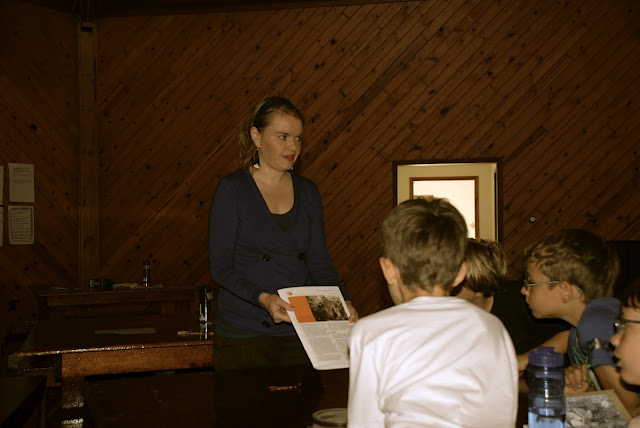
The story of the Cottingley Fairies is a wonderful true story of two young girls who tricked their parents (and several prominent figures of the day) into believing that there were fairies living in their garden, using a 1917 version of hoax photography. The campers and I discussed what this story can teach us about asking for evidence, and not trusting everything we see. I was charmed and impressed by these intelligent kids, who immediately picked apart the flaws in how the adults in the story evaluated the evidence. "They shouldn't have believed the girls unless they saw the fairies themselves!" said one young boy.
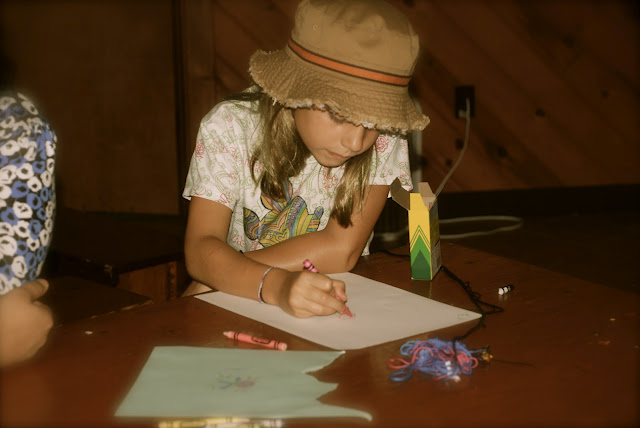 Next, it was time to make our own hoax photos. Using modern photography programs like Photoshop could produce some pretty convincing "ghost" or "fairy" photos, but we wanted to make it a little more challenging, so we started with the same materials the girls in the Cottingley Fairies case used: drawings on paper. The campers drew their favorite mythical creatures; fairies were popular, as were ghosts, unicorns and mermaids. Then they cut them out and we decided together how to best take a photo of the cutout to make it look real. Some of the results were quite impressive.
Next, it was time to make our own hoax photos. Using modern photography programs like Photoshop could produce some pretty convincing "ghost" or "fairy" photos, but we wanted to make it a little more challenging, so we started with the same materials the girls in the Cottingley Fairies case used: drawings on paper. The campers drew their favorite mythical creatures; fairies were popular, as were ghosts, unicorns and mermaids. Then they cut them out and we decided together how to best take a photo of the cutout to make it look real. Some of the results were quite impressive.
Hoax Photographs by Camp Inquiry campers
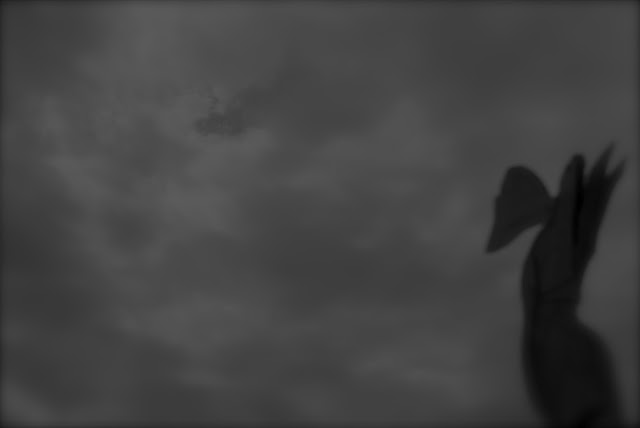
An "angel" darts across the sky at Camp Inquiry.
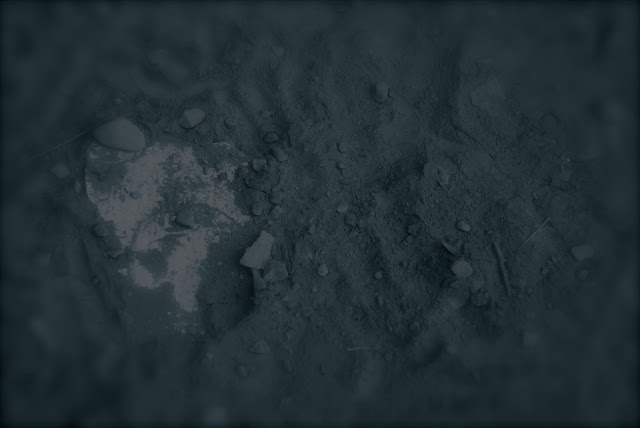
One camper executed this creative "Bigfoot" track.
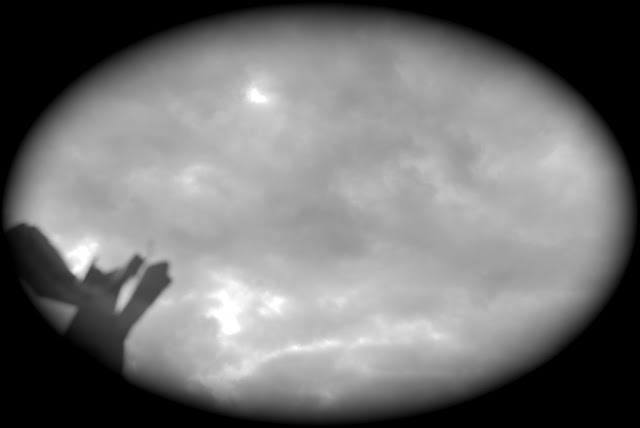
This cheerful "ghost" was created by one of the seven year old campers.
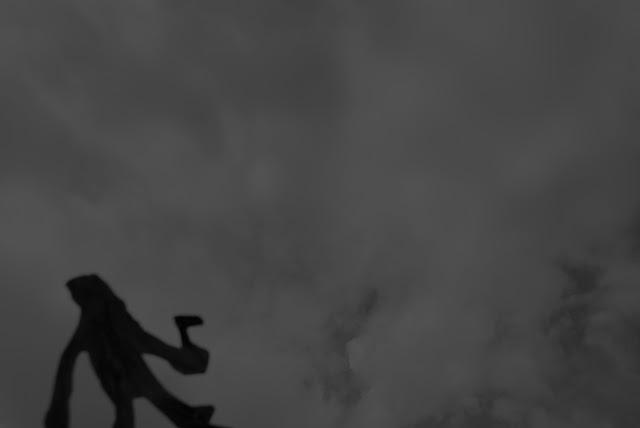
The spirit of Paul Bunyan even made a cameo.
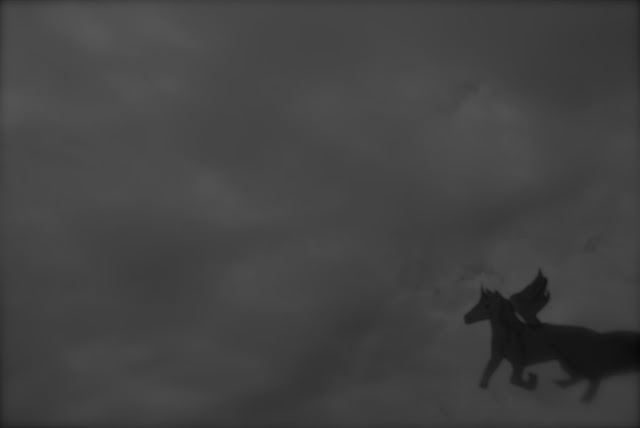
Unicorns were spotted by several campers.
Statistics and ESP
Next up was a lesson with the older campers, ages 12-17. Using the JREF's educational module on ESP, we tested two of the campers for telepathic powers. Using zener cards, I had the campers sit back to back and "transmit" a randomly selected card from one to the other. The "recipient" correctly guessed the card six times out of his twenty-five tries, well within the bounds of chance. We discussed why a simple scientific test like this, with a large sample set, is a great way to test someone who claims to have a psychic ability, and why these tests, adequately administered, virtually always turn up negative results.
As would be the case many times during my visit, the students astonished me with their quick understanding and wonderful questions. We discussed inherent flaws in the test I performed (for example, a lack of tester blinding) and ways we could improve the test if we were to perform it in a more clinical setting.
When we were done with our lesson, I asked for questions, and the hands shot up: "How many people apply for the Million Dollar Challenge?" "What do you do when the claim isn't testable?" And the ever popular "When is Mr. Randi coming here?"
Randi's Arrival
On Friday morning, the campers were excitedly shuffling around, anticipating the arrival of their favorite skeptical magician. When he arrived, they surged forward with hugs and questions. "Do you remember me from last year?" a few shouted. He chuckled and the group moved down to a blazing fire pit for official question time.
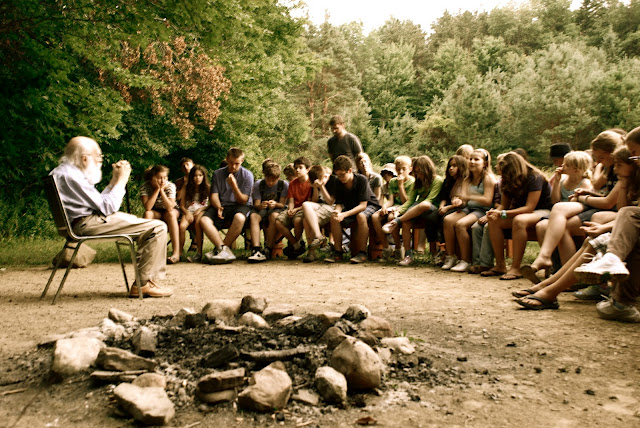
The children had many questions about Randi's life in magic and skepticism, from his famous escape act over Niagara Falls to the Million Dollar Challenge the JREF offers to anyone who can prove they have a paranormal ability. And of course, the ever popular, "What's your favorite color?" (Inside information for all Swift readers: Randi's favorite color remains a mystery.)

The next day, Randi milled with the campers to discuss everything from science and skepticism to their career plans as young scientists, artists, and more. And as the day progressed, more and more aspiring magicians appeared to ask Randi for tips on their tricks, which he was more than happy to provide.
After more than a full day of Randi inspiring the young campers, the parents came to celebrate a wonderful week by dining with us and hearing a keynote talk from none other than The Amazing Randi himself. Randi shared his many experiences in skepticism and magic through hilarious and didactic anecdotes from his amazing life.
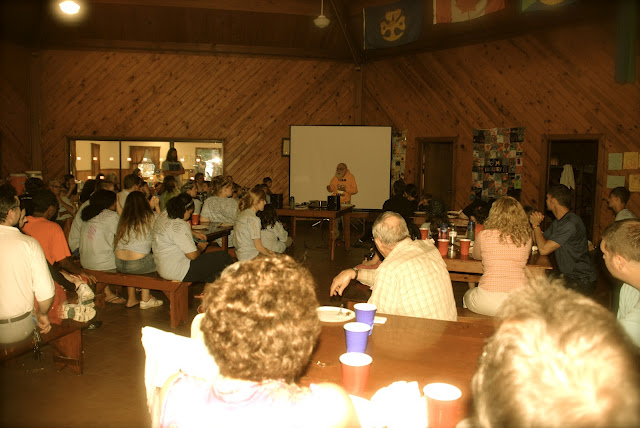
Randi tells the crowd of campers and parents about his history with Penn & Teller, his favorite grandparent's effect on his own skepticism, and more.
At the close of an inspiring talk, the parents and campers thanked Randi for his years of devotion to educating children and adults alike, including the JREF's continued co-sponsorship of Camp Inquiry.

Randi teaches card tricks to a young camper and aspiring magician.
The week was drawing to a close, and the campers were packing into their cabins, whispering about their plans to get up early and watch the sun rise. I wished I could join them, but it was time for Randi and me to head back to the JREF and work on promoting skepticism to the public. As Randi and I left the camp, I was already excited for next year: excited to meet more young inquiring minds, explore together, and learn more than I could ever teach.
Carrie Poppy is the Director of Communications for the James Randi Educational Foundation.